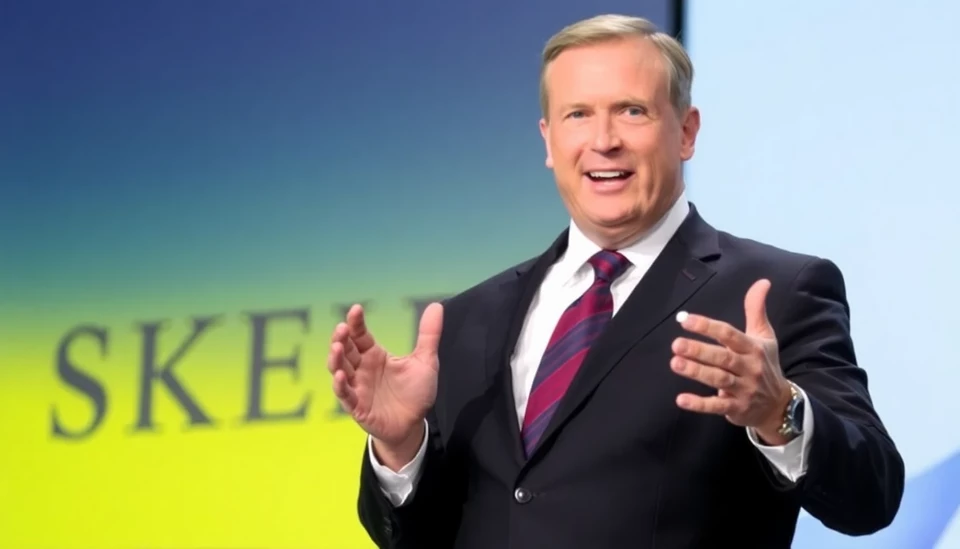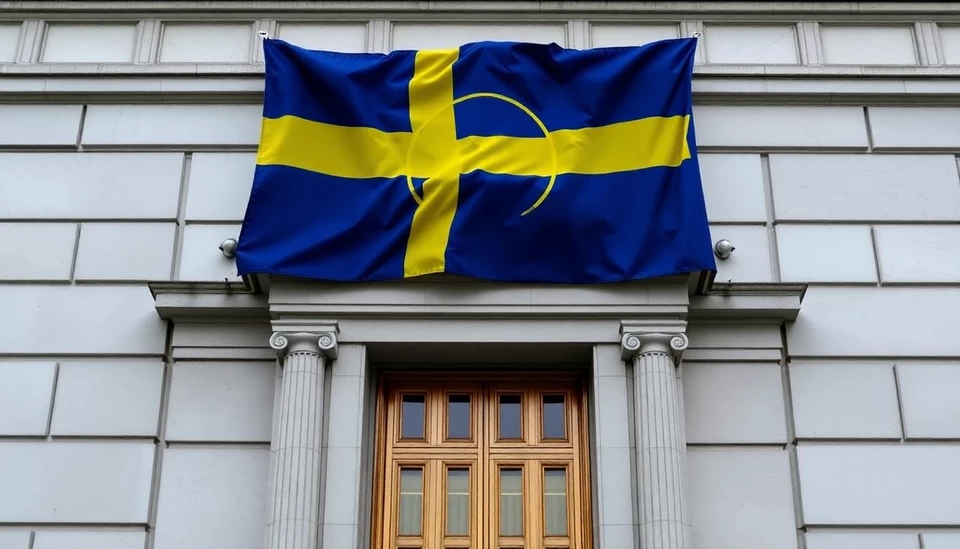
In a decisive move to bolster the struggling economy, Sweden's Riksbank has announced a substantial half-point reduction in its key interest rate, lowering it from 4.00% to 3.50%. This shift is seen as an urgent response to rising inflationary pressures and a bid to stimulate economic activity amid challenging circumstances.
The decision comes in light of the dwindling confidence in the Swedish economy, which has faced a string of challenges, including increasing borrowing costs and a slowdown in consumer spending. Riksbank's latest pronouncement is the central bank's attempt to counter these issues head-on, signaling a pivot toward a more accommodative monetary policy stance.
This rate cut marks the Riksbank's most drastic adjustment since the beginning of its tightening cycle a year ago, a period characterized by attempts to mitigate inflation that spiraled as high as 12%. The central bank is now shifting its focus from combatting inflation to sparking economic growth, reflecting a major reassessment of its priorities in the face of a potential recession.
One of the critical underlying factors prompting this rate cut is the recent data trends showing a contraction in economic performance. The Swedish economy has shown signs of stagnation, coupled with declining household consumption. The Riksbank adjusted its economic forecasts for the coming years, projecting a contraction in GDP as part of its response strategy.
Moreover, the bank expressed concerns regarding the labor market, noting that the rising unemployment rates could further limit consumer spending, thereby exacerbating the existing economic challenges. With inflation also beginning to stabilize, the Riksbank emphasized that now is the appropriate time to adopt a more dovish approach to monetary policy.
Market analysts have responded positively to this announcement, noting that this significant cut may help to reinvigorate borrowing and investment opportunities. As businesses and consumers adjust to lower borrowing costs, there is anticipation that the ripple effect will stimulate economic activity across various sectors.
In essence, the Riksbank's decisive half-point rate cut underscores the central bank's commitment to navigating the complexities of the current economic landscape while prioritizing growth over inflationary concerns. The upcoming months will be crucial as authorities monitor the effectiveness of this shift, aiming to restore confidence in Sweden's economy and enhance the overall financial stability.
As this monetary easing policy unfolds, stakeholders will keep a close eye on subsequent data releases to gauge its impact on both inflation and growth rates in Sweden, setting the stage for possible further adjustments in the future.
#Riksbank #Sweden #interestRateCut #monetaryPolicy #economicGrowth #inflation #financialStability #centralBank
Author: Laura Mitchell




